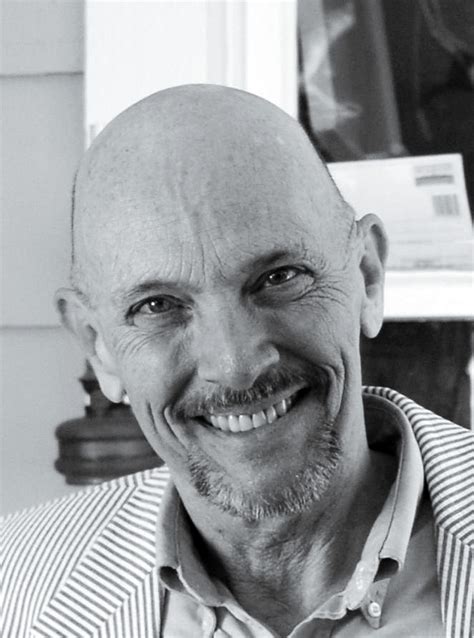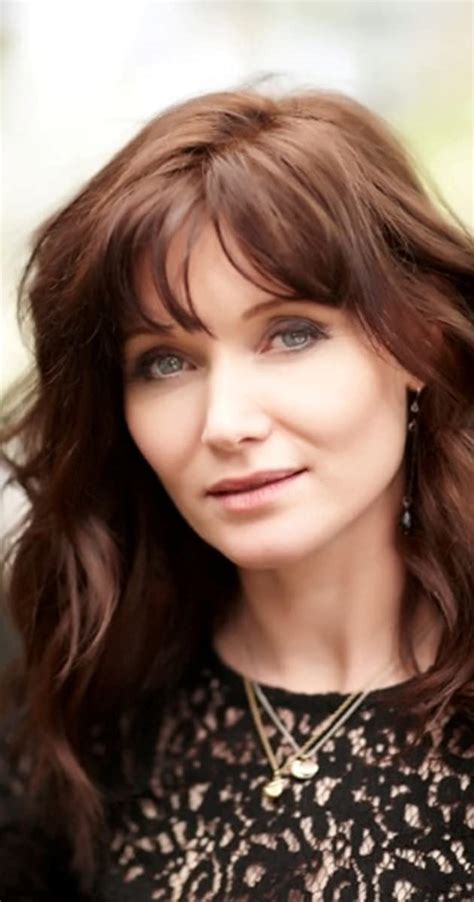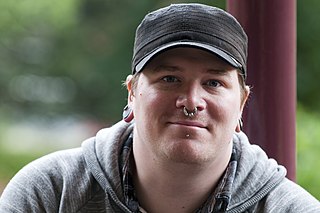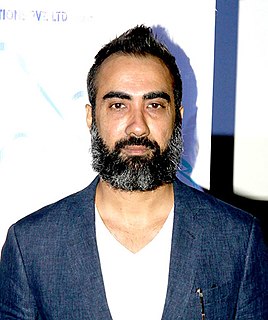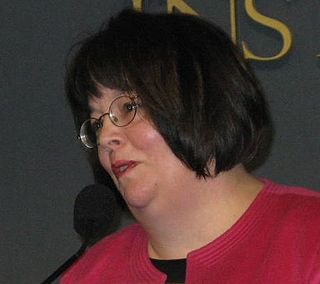A Quote by P. J. O'Rourke
Let's reintroduce corporal punishment in the schools - and use it on the teachers.
Quote Topics
Related Quotes
I think when we talk about corporal punishment, and we have to think about our own children, and we are rather reluctant, it seems to me, to have other people administering punishment to our own children, because we are reluctant, it puts a special obligation on us to maintain order and to send children out from our homes who accept the idea of discipline. So I would not be for corporal punishment in the school, but I would be for very strong discipline at home so we don't place an unfair burden on our teachers.
Punitive measures whether administered by police, teachers, spouses or parents have well known standard effects: (1) escape-education has its own name for that: truancy, (2) counterattack-vandalism on schools and attacks on teachers, (3) apathy-a sullen do-nothing withdrawal. The more violent the punishment, the more serious the by-products.
A lot of charter schools are non-union schools that take a lot of teachers from alternative tracks, like Teach For America. They do this in part because a lot of charter schools have very strong ideologies around how they want teachers to teach. And they find that starting with a younger or more inexperienced teacher allows them to more effectively inculcate those ideas.
There's a small movement of teacher-led schools across the country. These are schools that don't have a traditional principal, teachers come together and actually run the school themselves. That's kind of the most radical way, but I think something that's more doable across the board is just creating career ladders for teachers that allow certain teachers after a certain number of years to inhabit new roles. Roles mentoring their peers, helping train novice teachers to be better at their jobs, roles writing the curriculum, leading on lesson planning.


